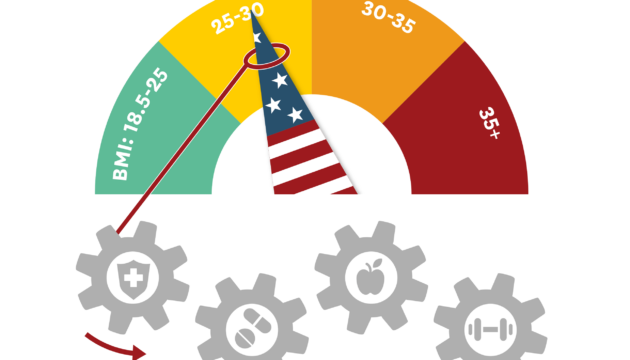Medicare and Medicaid
Our work in Medicare and Medicaid
-
Medicare’s ‘Coverage with Evidence Development’: A Barrier to Patient Access and Innovation
CMS should abandon CED or, at minimum, reform and restrict its use only for off-label applications of therapies.
Categorized in -
Alternatives to the QALY for Comparative Effectiveness Research
We now have useful and valid alternatives that allow for the assessment and valuation of treatments that improve population health without discriminating against vulnerable patient populations.
Categorized in -
Medicare Coverage of Weight Loss Drugs Could Significantly Reduce Costs
USC Schaeffer white paper finds that increasing access to obesity treatments would help save lives and reduce healthcare costs.
Categorized in -
Benefits of Medicare Coverage for Weight Loss Drugs
The cumulative social benefits from Medicare coverage for new obesity treatments over the next 10 years would reach almost $1 trillion, or roughly $100 billion per year.
Categorized in -
Comments to CMS on the Inflation Reduction Act’s Drug Price Negotiation Program
Over 20 researchers cosigned a comment letter to Centers for Medicaid and Medicare Services providing recommendations for the Medicare Drug Price Negotiation Program
Categorized in -
Prescription Drug Advertising and Drug Utilization: The Role of Medicare Part D
This paper examines how direct-to-consumer advertising (DTCA) for prescription drugs influences utilization by exploiting a large and plausibly exogenous shock to DTCA driven by the introduction of Medicare Part D.
Categorized in -
Medicare Advantage Enrollment Outpaces —and Nearly Overcomes— Traditional Medicare, New USC Study Finds
Medicare Advantage plans have seen a more than 300% increase in enrollment—with payment policy yet to catch up.
Categorized in -
Substantial Growth in Medicare Advantage and Implications for Reform
Between 2006 and 2022, traditional Medicare enrollment declined by 3% while adjusted Medicare Advantage enrollment increased by 337%.
Categorized in -
A New Approach to Cancer Bundled Payments in Medicare—The Enhancing Oncology Model
Schaeffer Nonresident Senior Fellow Bob Kocher discusses the elements of CMMI’s new Enhancing Oncology Model, explores its likelihood of success, and discusses its relative shortcomings in a new JAMA Health Forum Viewpoint.
Categorized in -
Seminar Series – Maggie Shi
Monitoring for Waste: Evidence from Medicare Audits









